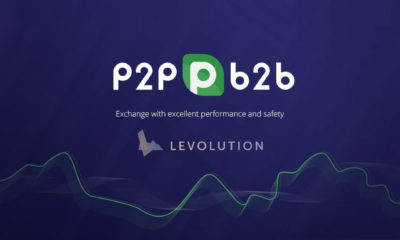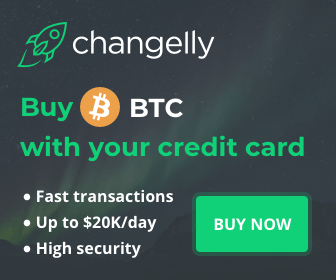Press Release
Play-to-Earn Game, X10 Legends Offers Alternative for Unbanked Globally

Crypto-based play-to-earn games like X10 Legends are paving the way for unbanked people in some countries in Southeast Asia and Africa to bypass dealing with banks altogether, and instead rely on their play-to-earn accounts.
X10 Legends is currently the latest blockchain game where players earn rewards in XTL, a form of crypto tokens which can be exchanged for real money. This phenomenon is also known as “play-to-earn” in the blockchain industry.
“To have a bank account, and to be able to get good interest rates, and to get a loan, you need to have a job, you need to have an income,” Tom Leung, Founder of X10 Legends said.
He went on to explain that in Philippines, there are a lot of people who don’t have a bank account, either because they don’t qualify for one or because they believe they don’t need one.
For these people, Tom said, play-to-earn game represents one of the only paths to financial inclusion, since it is possible to start with nothing and earn tokens through playing.
“With a play-to-earn account, you don’t need anything,” Tom said, adding that once people start earning something through gaming, they can proceed to open a bank account under better terms.
The same sentiment was also shared by Ben Fairbank, CEO & Co-founder of the metaverse-focused venture firm RedFOX Labs. He said that crypto and play-to-earn accounts may actually help people in the region bypass getting a bank account completely.
He went on to note that play-to-earn is also useful because it teaches young people to earn, save, and invest in a way that no bank will do, which will become an important skill for them in the future.
But although crypto and play-to-earn wallets may take over for banks at some point in the future, it will be challenging to use earned gaming tokens for everyday purposes outside of the games, especially in some countries. Among them, China and Vietnam are particularly difficult from a regulatory standpoint.

-

 Press Release4 years ago
Press Release4 years ago5 best crypto exchanges of 2022
-

 Press Release5 years ago
Press Release5 years agoBlockchain Applications made Simpler with Dappatoz
-

 Press Release5 years ago
Press Release5 years agoMeet TABOO, the unique token that gives reward for every transaction
-

 Bitcoin7 years ago
Bitcoin7 years agoBitcoin’s Gravity: How Idea-value Feedback Loops Are Pulling People in
-

 Press Release6 years ago
Press Release6 years agoCloud Mining: How Multimine is Making Crypto Mining Operation More Seamless.
-

 Press Release5 years ago
Press Release5 years agoSHA-256 – The best combination of Bitcoin mining, Cloud, and affordable Hash Power
-

 Press Release7 years ago
Press Release7 years agoLISTING OF LEVL ON A SECOND EXCHANGE
-

 Press Release6 years ago
Press Release6 years agoEXMR FOUNDATION NETWORK “LABS OF DAPPS & PROJECTS” MORE INFO.



